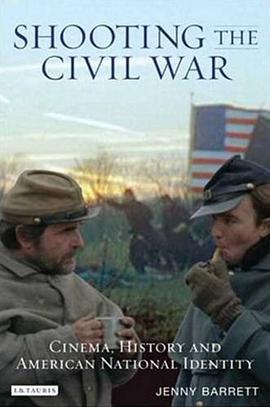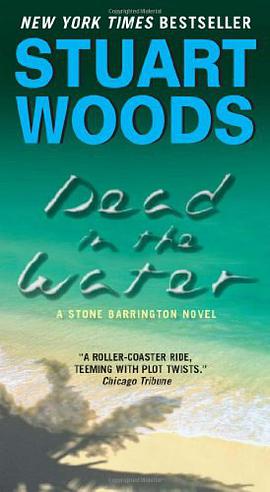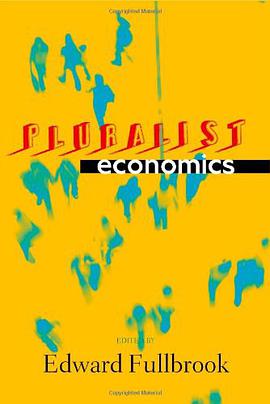

具体描述
Why is film becoming increasingly important to philosophers? Is it because it can be a helpful tool in teaching philosophy, in illustrating it? Or is it because film can also think for itself, because it can create its own philosophy? In fact, a popular claim amongst i-- lm-philosophers is that i-- lm is no mere handmaiden to philosophy, that it does more than simply illustrate philosophical texts: rather, i-- lm itself can philosophise in direct audio-visual terms. Approaches that purport to grant to film the possibility of being more than illustrative can be found in the subtractive ontology of Alain Badiou, the Wittgensteinian analyses of Stanley Cavell, and the materialist semiotics of Gilles Deleuze. In each case there is a claim that i-- lm can think in its own way. Too often, however, when philosophers claim to find indigenous philosophical value in film, it is only on account of refracting it through their own thought: film philosophises because it accords with a favoured kind of extant philosophy. Refractions of Reality: Philosophy and the Moving Image is the first book to examine all the central issues surrounding the vexed relationship between the film-image and philosophy. In it, John Mullarkey tackles the work of particular philosophers and theorists (Zizek, Deleuze, Cavell, Bordwell, Badiou, Branigan, Ranciere, Frampton, and many others) as well as general philosophical positions (Analytical and Continental, Cognitivist and Culturalist, Psychoanalytic and Phenomenological). Moreover, he also offers an incisive analysis and explanation of several prominent forms of film theorising, providing a meta- logical account of their mutual advantages and deficiencies that will prove immensely useful to anyone interested in the details of particular theories of film presently circulating, as well as correcting, revising, and re- visioning the field of film theory as a whole. Throughout, Mullarkey asks whether the reduction of film to text is unavoidable. In particular: must philosophy (and theory) always transform i-- lm into pre-texts for illustration? What would it take to imagine how i-- lm might itself theorise without reducing it to standard forms of thought and philosophy? Finally, and fundamentally, must we change our dei-- nition of philosophy and even of thought itself in order to accommodate the specii-- cities that come with the claim that i-- lm can produce philosophical theory? If a 'non-philosophy' like film can think philosophically, what does that imply for orthodox theory and philosophy?
作者简介
目录信息
读后感
评分
评分
评分
评分
用户评价
相关图书
本站所有内容均为互联网搜索引擎提供的公开搜索信息,本站不存储任何数据与内容,任何内容与数据均与本站无关,如有需要请联系相关搜索引擎包括但不限于百度,google,bing,sogou 等
© 2026 book.wenda123.org All Rights Reserved. 图书目录大全 版权所有




















